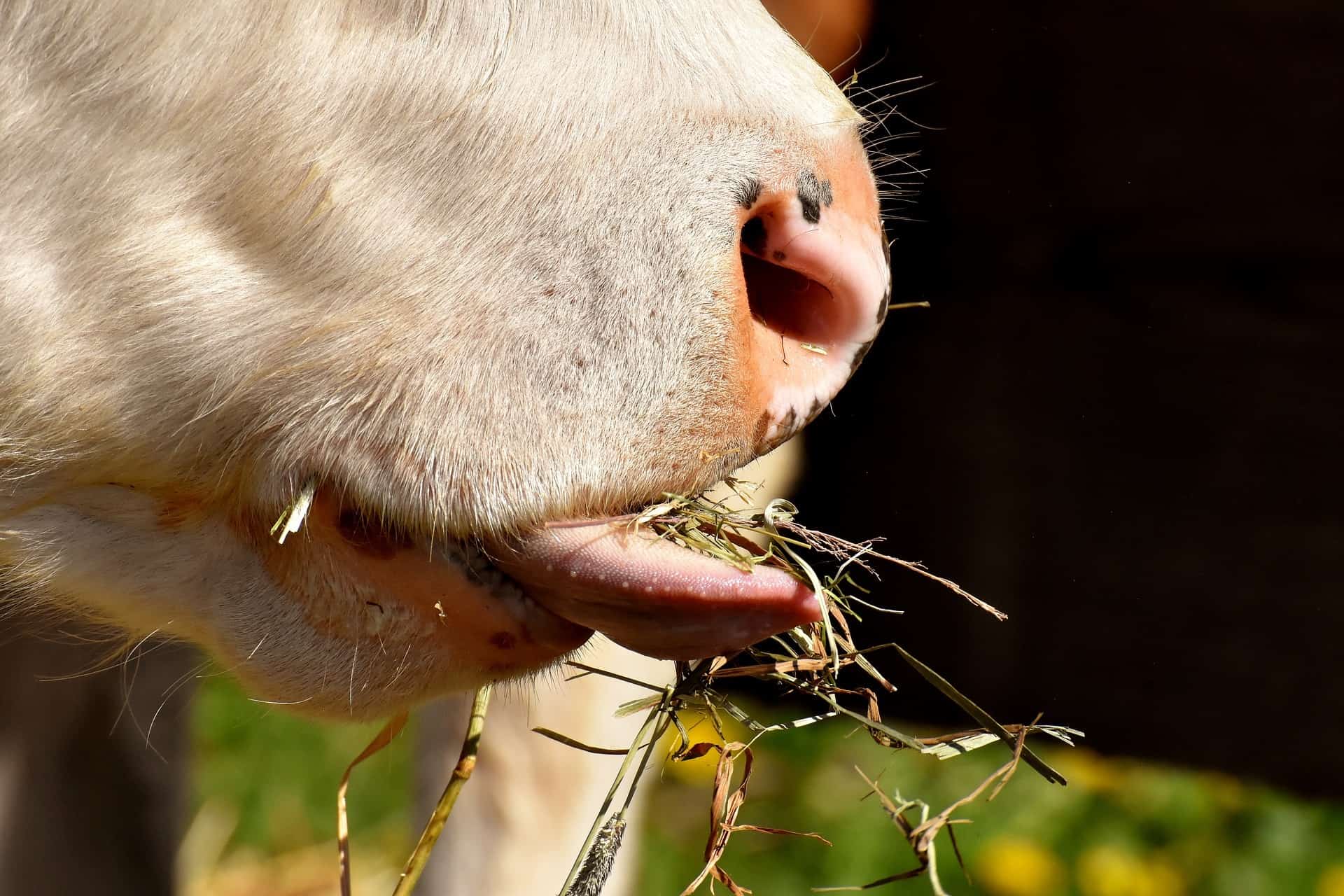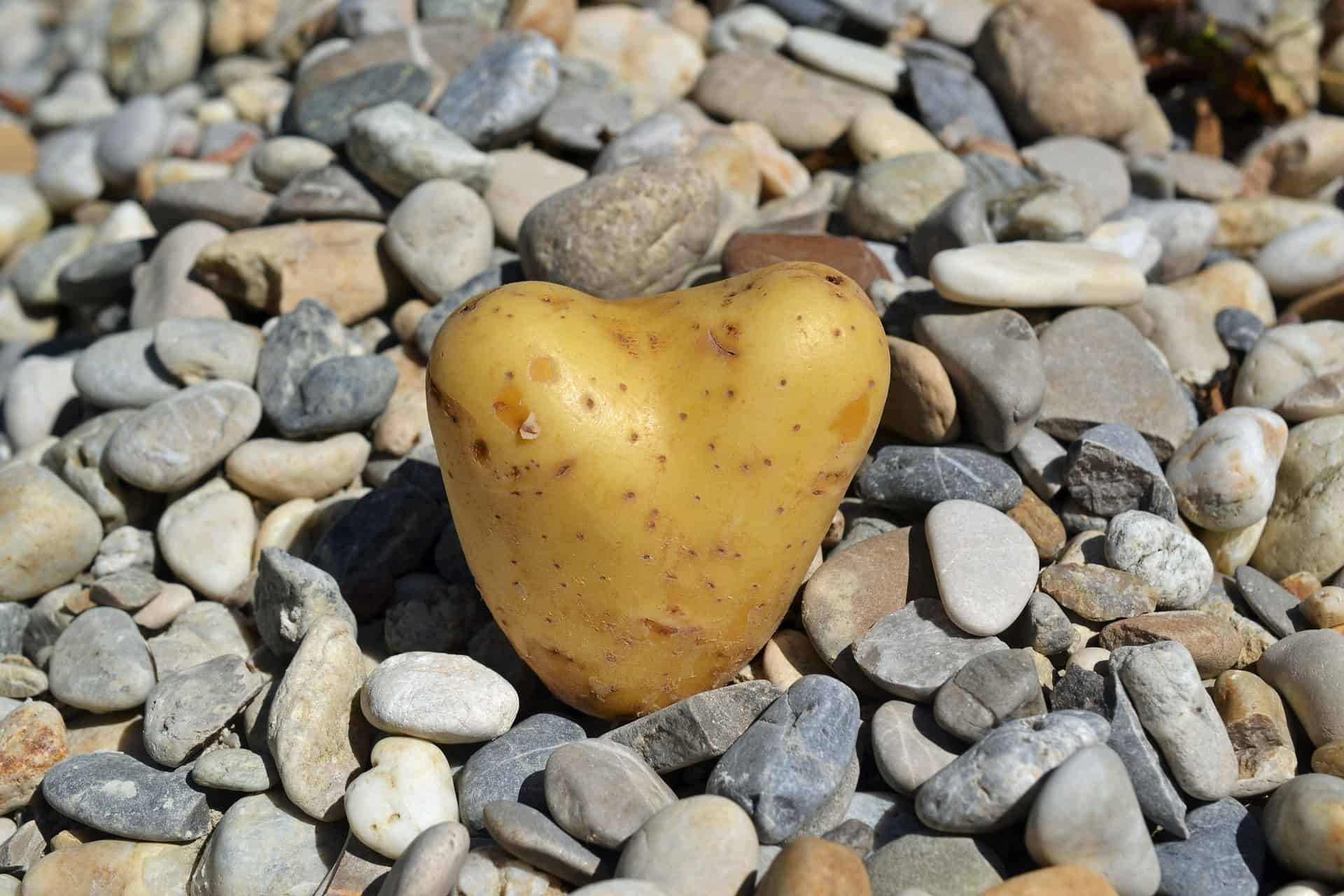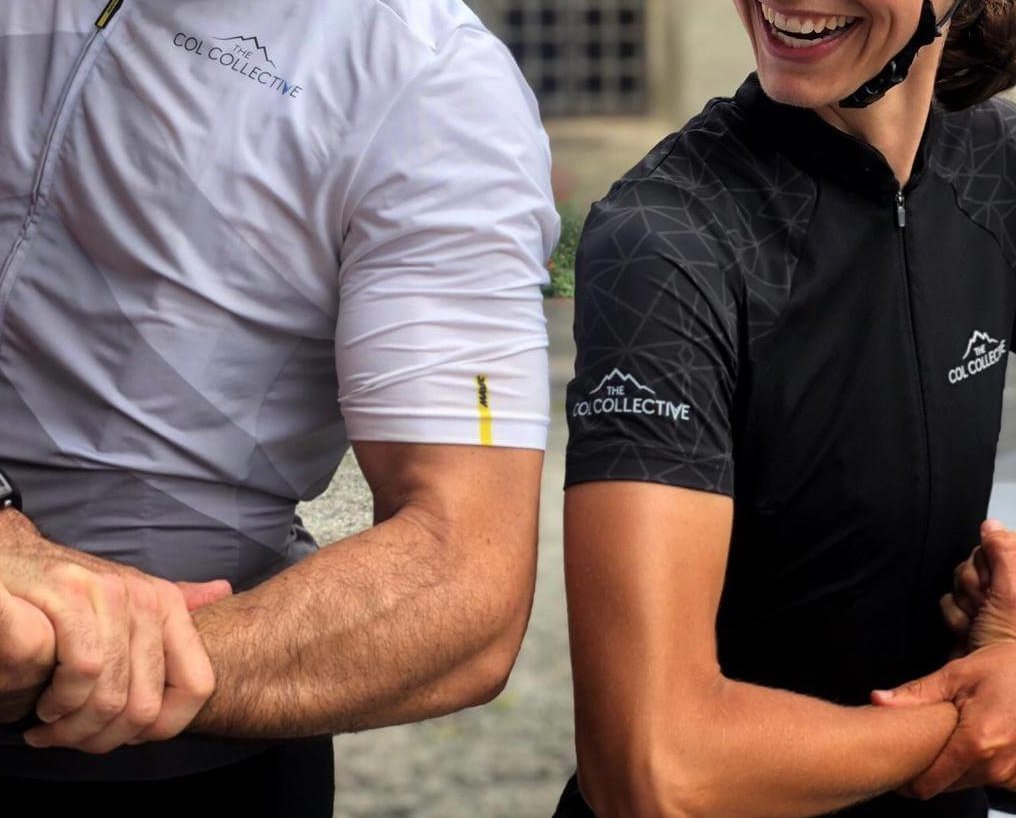Vegan, paleo, keto, .. there are so many diets today that they seem to be like another piece of cloth in your cupboard that you’d change depending on your mood or the weather. We are trying to isolate studies on diets without critical thinking, in order to find a fast way to control our body image.
The thing is, it is very hard to design and undergo proper scientific studies with controlled environments and groups in order to point out if one or the other diet would lead to better or worse well-being. Why is it so complicated ? First of all, because so many parameters not related to what’s in your food can influence weight gain, body composition, GI stress or well-being that diet alone can’t do it all. Second because even though a tomato is called a tomato everywhere, its properties and nutrients can vary widely depending on how it was grown, transported, stored and cooked.
How important is it for cyclists do diet ?
It’s not. Being a cyclist doesn’t mean you have to be on a diet. The studies done on intermittent fasting, vegan and keto diest have been made on male obsese and diabetic people : there is no direct generalization that the same impacts would happen on active females and males.
If the question is “how important is it for a cyclist to be lean ?” then I’d answer it’s as important as for anyone else : being lean means having a low percentage of unhealthy body fats, which can benefit everyone, not only cyclists. As a cyclist, if you are leaner (which doesn’t necessarily means lighter), then you are going to produce more power, with a trade-off to find for those who want to climb mountains, as carrying extra-weight uphill (be it the mass of your muscles or of fats) will make you move uphill slower than another person with less weight.
 Diet is a factor of stress, because it brings change or more control. And unless you have a very healthy way to manage all your stressors, adding one more stress to a life that has already plenty of it will probably not benefit you. We put so much pressure on ourselves already, without realising that this pressure we put on us leads to the exact thing we didn’t want to happen : this study, like many other scientific publications, showed how “hyperactivation of the stress response triggers metabolic changes that might slow down energy expenditure while promoting visceral fat accumulation”.
Diet is a factor of stress, because it brings change or more control. And unless you have a very healthy way to manage all your stressors, adding one more stress to a life that has already plenty of it will probably not benefit you. We put so much pressure on ourselves already, without realising that this pressure we put on us leads to the exact thing we didn’t want to happen : this study, like many other scientific publications, showed how “hyperactivation of the stress response triggers metabolic changes that might slow down energy expenditure while promoting visceral fat accumulation”.
Dieting is not a healthy way to a leaner body. With so much progress in science and medical knowledge, we tend to forget that nature is far more intelligent than we are, and that our bodies have a memory and an understanding of themselves that our brain will probably never fully grasp. If you were to let your body speak, it will tell you what it needs to function.
Mindful eating
In order to let your body speak, you connect back to it, to reconnect the wires between the little voices in your head and the speaker from your body. It starts with observing what you are eating. Try eating in silence, alone, not doing anything else, just once. Focus on the color of your food, on the smell, on the taste in your mouth, on your palate and your tongue, on the texture, the temperature. Observe means noting inside, for instance, what the temperature of the food is, but not letting the little voices conclude anything such as “it is TOO hot” : it is hot, that is the observation.
With a bit of training, you will feel the richness of what’s on your plate. You’ll also feel what effect the food has on your body :  with a bit more awareness you’ll be able to maybe relate some of your gastro-intestinal discomfort with a specific food you’ve eaten. Or you’ll recognize that you don’t really enjoy some flavors.
with a bit more awareness you’ll be able to maybe relate some of your gastro-intestinal discomfort with a specific food you’ve eaten. Or you’ll recognize that you don’t really enjoy some flavors.
I think our body can show us the way to a healthy well being, if we allow it to speak. Mindfulness is a powerful efficient way to do it. If you start listening to your body, I guarantee you’ll not feel these cravings any longer, you will not feel attracted to these sweet or salted artificial foods, you will not enjoy the taste of veggies grown with loads of pesticides in a greenhouse, or these eggs from chicken bred in a factory. Because you will feel the taste, you will feel the difference.
How do you tackle the nutrition challenges of your athletes ?
When athletes want to lose some extra weight, we start from where they are at : they keep a food log for one or two weeks, with what they ate, at what time and in which rough quantities. It is usually a first powerful assessment, which I link to a lifestyle questionnaire in order to point out what might have caused the weight gain. Then, I can provide advices to improve what’s on their plates in order to match their daily energy needs and expenditure. As I am not a nutrition specialist, I can also refer the athlete to nutritionists.






